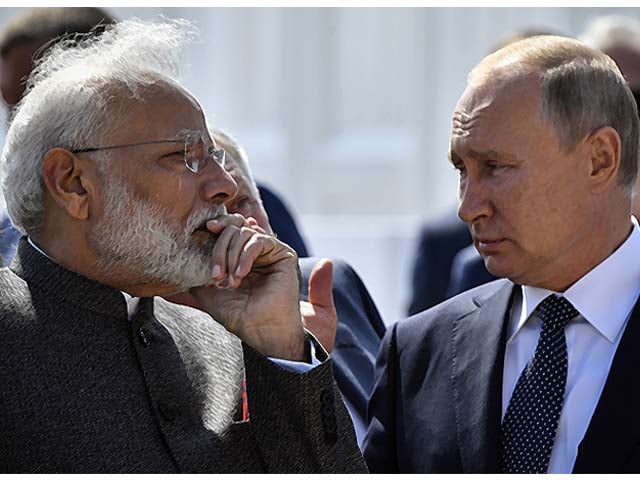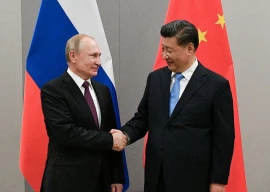
As the Ukraine crisis involving US and Russia continued to escalate, New Delhi opted for siding with its decades-old partner, Moscow.
During a vote on Tuesday at the United Nations Security Council (UNSC) on whether to hold an official session to discuss the Ukraine crisis, India (along with Kenya and Gabon) did not support the US-led push for the meeting by abstaining.
Since nine positive votes were needed in the 15-member council to approve the meeting, India’s absence dealt a blow to the US efforts, according to a report published in Responsible Statecraft.
Far from being an isolated instance, this incident is part of a larger pattern in India’s actions that presents challenges to ‘American neo-primacy’.
India has just begun a two-year innings as a non-permanent member at the UNSC, where it was widely expected to work closely with the US-led coalition and take on China.
But matters have turned out rather differently. The latest UNSC vote comes on the heels of another, on climate security, in which India openly voted with Russia and against the United States.
Also read: Biden battles accusations of 'weakness' against US rivals
During that debate, New Delhi, Moscow, and Beijing collaborated closely on strategy, including offering an alternative resolution that challenged the core premises of the US-led one.
In December last year, Russia and India signed a flurry of trade and arms deals during President Vladimir Putin's visit to New Delhi for talks with Prime Minister Narendra Modi, including one that will see India produce more than 600,000 Kalashnikov assault rifles.
Putin had travelled to India with Russia's defence and foreign ministers in a visit that saw the two countries reinforce their ties with a military and technical cooperation pact until 2031 and a pledge to boost annual trade to $30 billion by 2025.
Putin visit came amid increasingly strained relations between Russia and the United States, also a key Indian ally, which has expressed reservations about the growing military cooperation between Moscow and New Delhi.
The deal with Moscow puts India at risk of sanctions from the United States under a 2017 US law aimed at deterring countries from buying Russian military hardware.
(With additional input from Reuters)




















COMMENTS (3)
Comments are moderated and generally will be posted if they are on-topic and not abusive.
For more information, please see our Comments FAQ